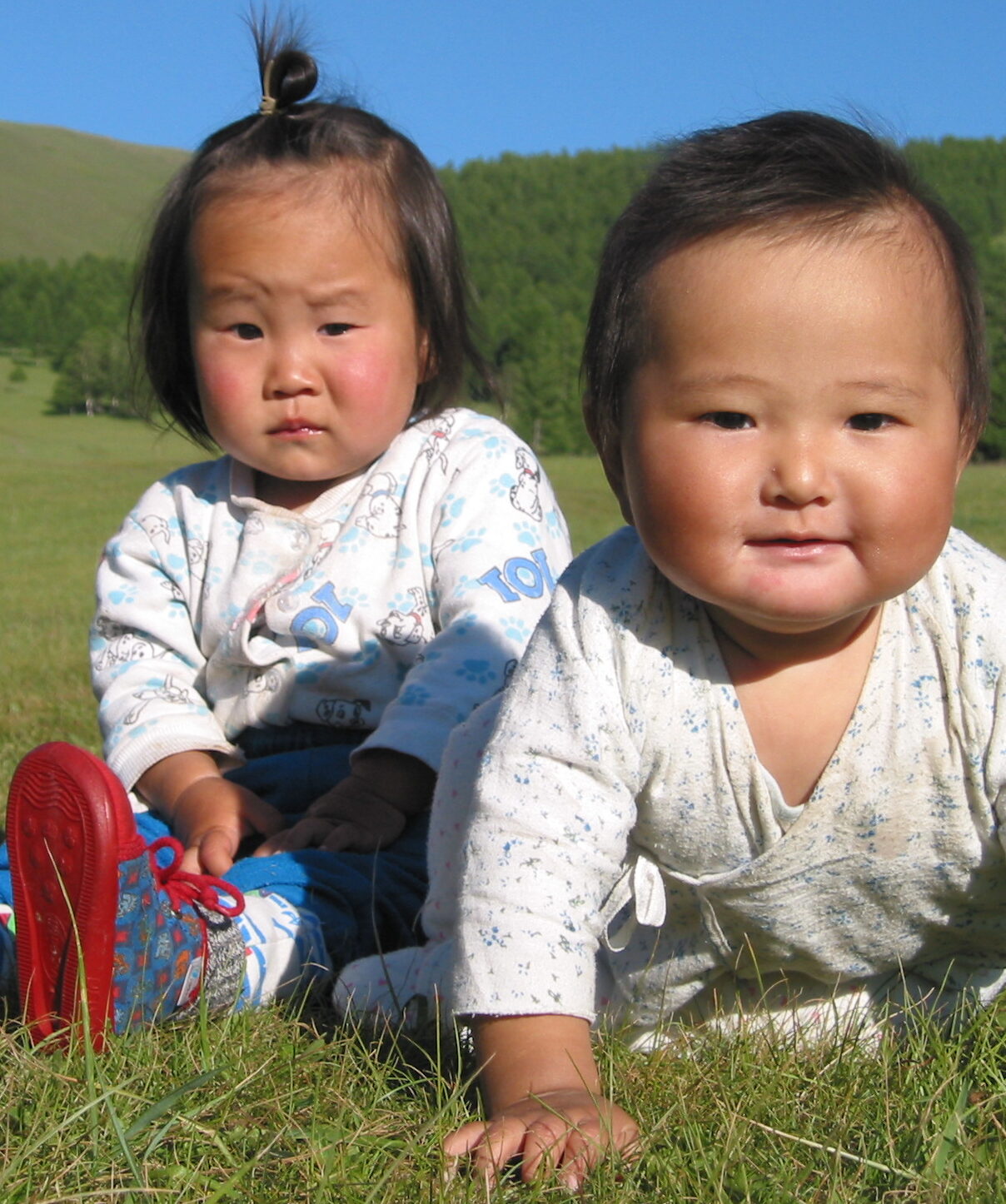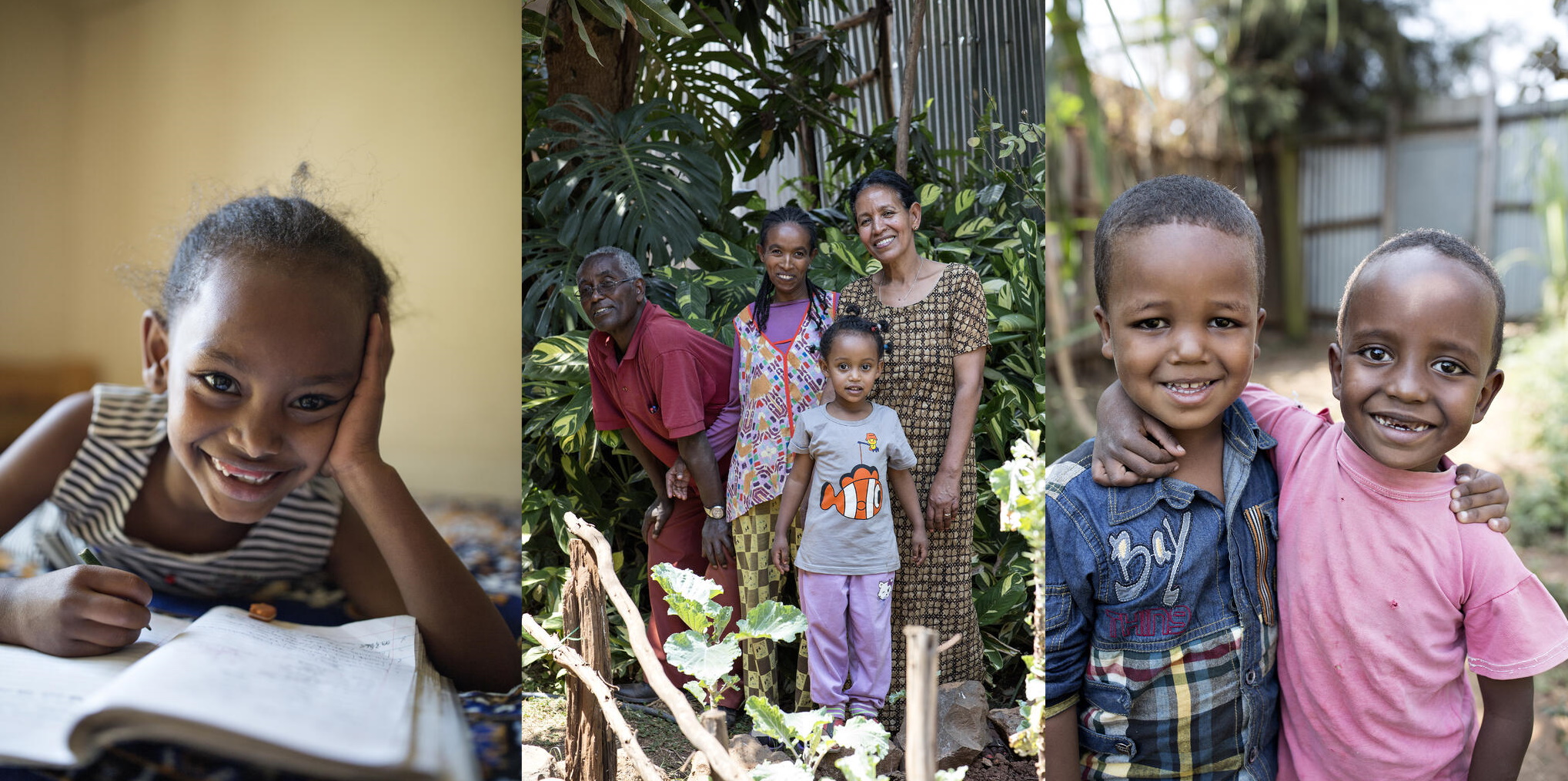Education and alternative care
- When: Wednesday the 23rd of February 2021 at 13:00-16:00 (UTC+01:00)
- Where: Online on Zoom After registering below, you will receive an email with a zoom link to participate in the seminar.
- Participants: Civil Society Organizations, researchers, or individuals with an interest in exchanging experiences and methodologies to promote the UN Resolution on the Rights of the Child. We invite organizations and individuals both from Denmark and the Global South to join.
- The right to education is one of the key principles underpinning the Education 2030 Agenda and Sustainable Development Goal 4. It is well proven that education in developing countries is one of the main drivers of child separation. How can both the right to family care and education be achieved. This subject is relevant to a wide range of organizations involved in educational projects and organizations who are engaged in capacity building and funding of CSOs.
The right to education as identified in the UN Convention on the Rights of the Child is also one of the key principles underpinning the Education 2030 Agenda and Sustainable Development Goal 4. The 2019 UN Resolution, ‘The Promotion and Protection of the Rights of the Child’, also stresses how, “no child should be forced to give up family connections in order to escape poverty, or to receive care, comprehensive, timely and quality health services or education…” It is well proven that education in middle and low income countries can be one of the main drivers of children being separated from parental care. In this seminar we will explore the connection between education and alternative care and ways to prevent unnecessary family separation whilst guaranteeing access to education. We will learn from the experiences of national and international experts working in different regions of the world and have the opportunity to engage in discussions. This subject is relevant to a wide range of organizations involved in educational projects and organizations who are engaged in capacity building and funding of CSOs.
Expert presentations:

Dr Marilyn Hoar was a Mathematics and Science teacher in Alberta, Canada before receiving her MA in Educational Leadership and her PhD in Educational Studies at the University of British Columbia. She worked with School Improvement Projects in Qatar and United Arab Emirates before joining UNICEF as Chief of Education in Uzbekistan in 2010. Marilyn became the UNICEF Chief of Education in Nepal in 2014 and then in Kenya in 2019. In all three offices, she worked closely with Child Protection colleagues to ensure that education systems were focussed on what was best for the child, not what was easiest for the system. Initiatives included deinstitutionalization, reducing gender-based violence, addressing child marriage and eliminating child labour.

Johnny Baltzersen has worked in education and development since 1992, designing and managing small to large-scale education change projects and sector-development programmes in e.g., Bolivia, China, Eritrea, Laos, Mongolia, Nepal, Tanzania, and Central Tibetan Administration/India. In 2010 Johnny initiated the establishment of the Danish NGO Community of International Cooperation in Education and Development/CICED. CICED is a member of the Child Protection Network. Currently, Johnny is the chairperson of CICED and is still working with partners in Mongolia to implement the Better School Start – Better School Life. The project engages 64 local communities and schools across Mongolia in improving home-based school preparation for nomadic children and the conditions in rural school dormitories.

Katja Gunnertoft Bojsen is Programme Coordinator at International Aid Services Denmark (IAS DK). IAS is a Faith Based Organization mainly working in the Horn of Africa and Sahel with both humanitarian aid and development. IAS has since its foundation 20 years ago worked with children with special needs and their right to inclusion in society and education. Katja is responsible for IAS’ Inclusive Education Program in Sudan, Tanzania, Kenya, and South Sudan. She holds a degree in Master of Science in Public Administration with a main focus on developing countries and international relations (2008). Katja has also been employed in The Ministry of Higher Education and Science as a Special Adviser.

The seminar will feature Dr. Chrissie Gale, International child
protection consultant with specialism in child protection systems
and alternative care. She holds a Doctorate from the University of
Bristol and is an associate of the Alice Salomon Hochschule
University, Berlin. Chrissy has had a long career working for
CELSIS, UNICEF, Family for every child, among others.
Presentations from the experts and the recording of the seminar can be found on our resources page

